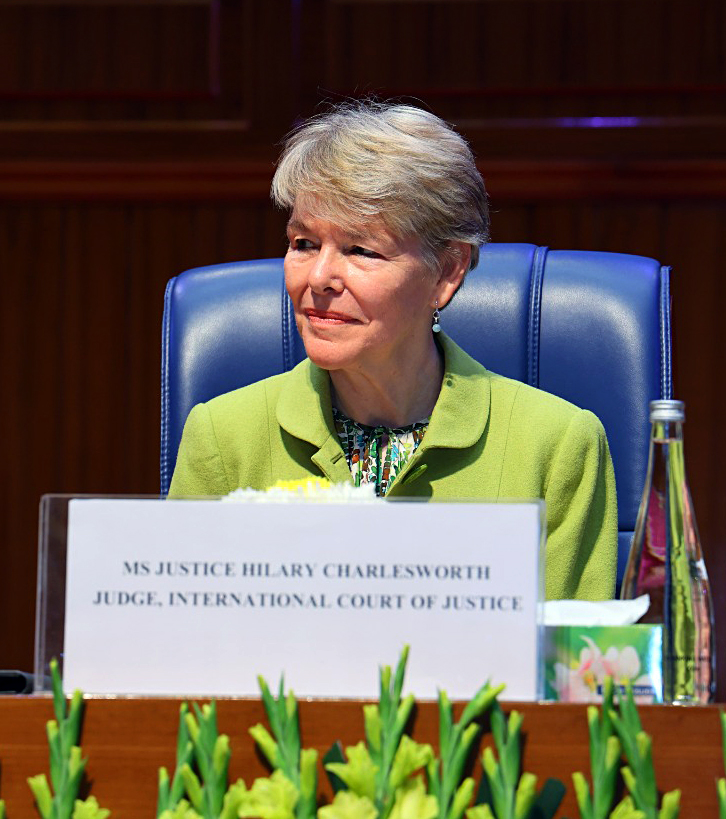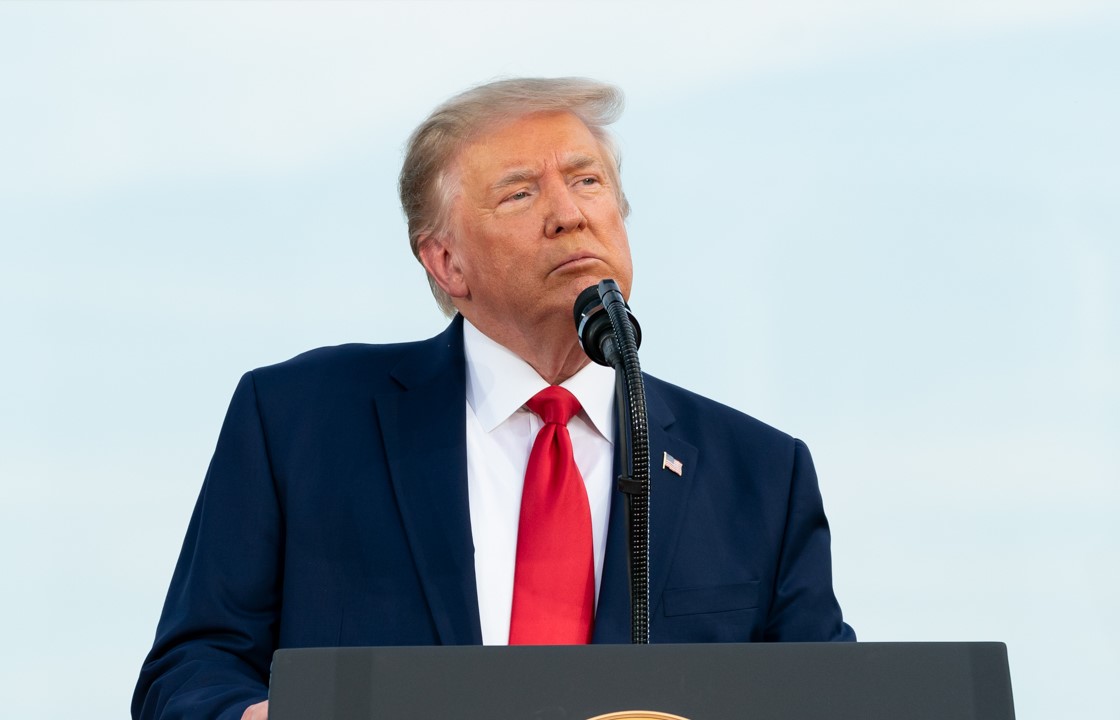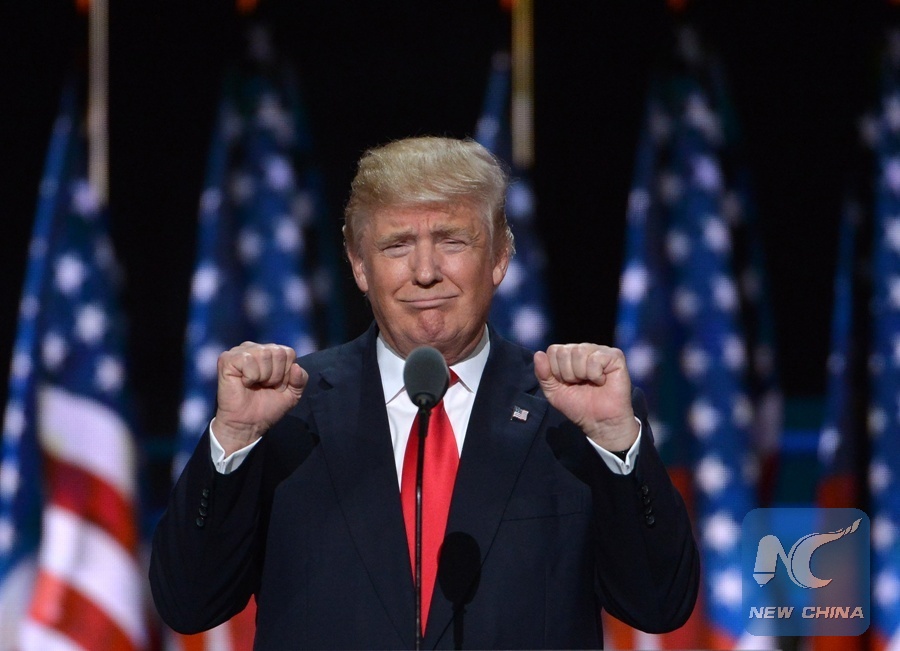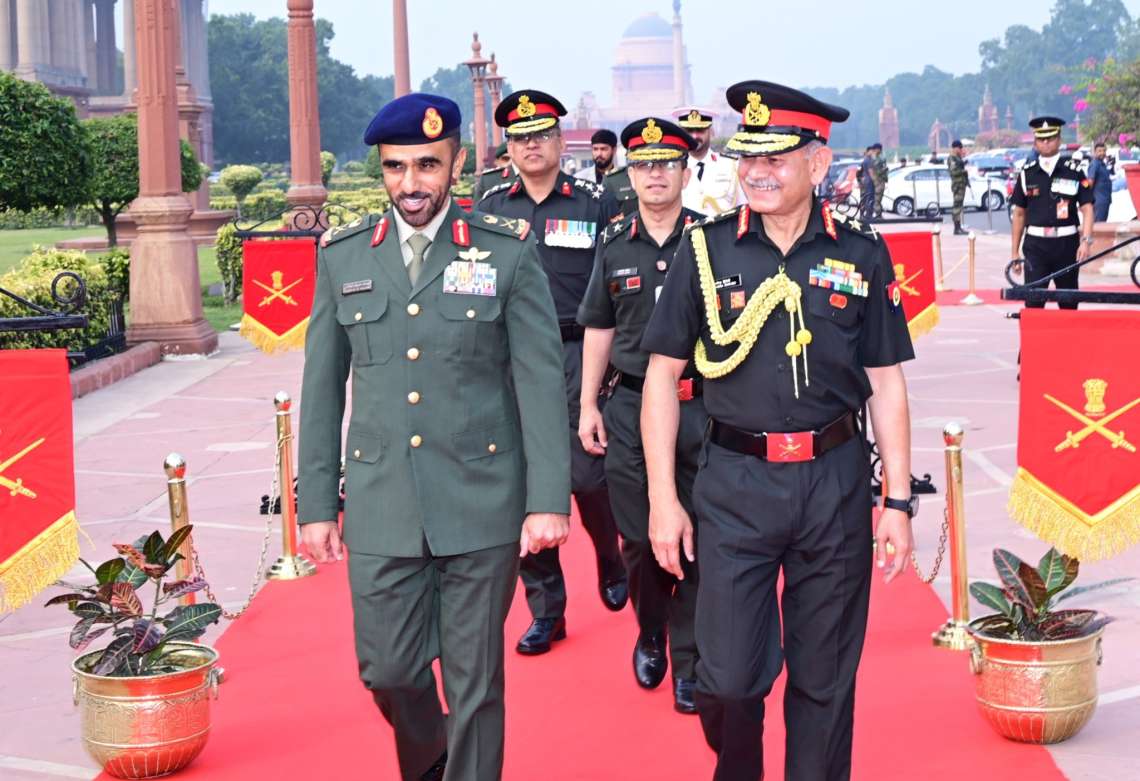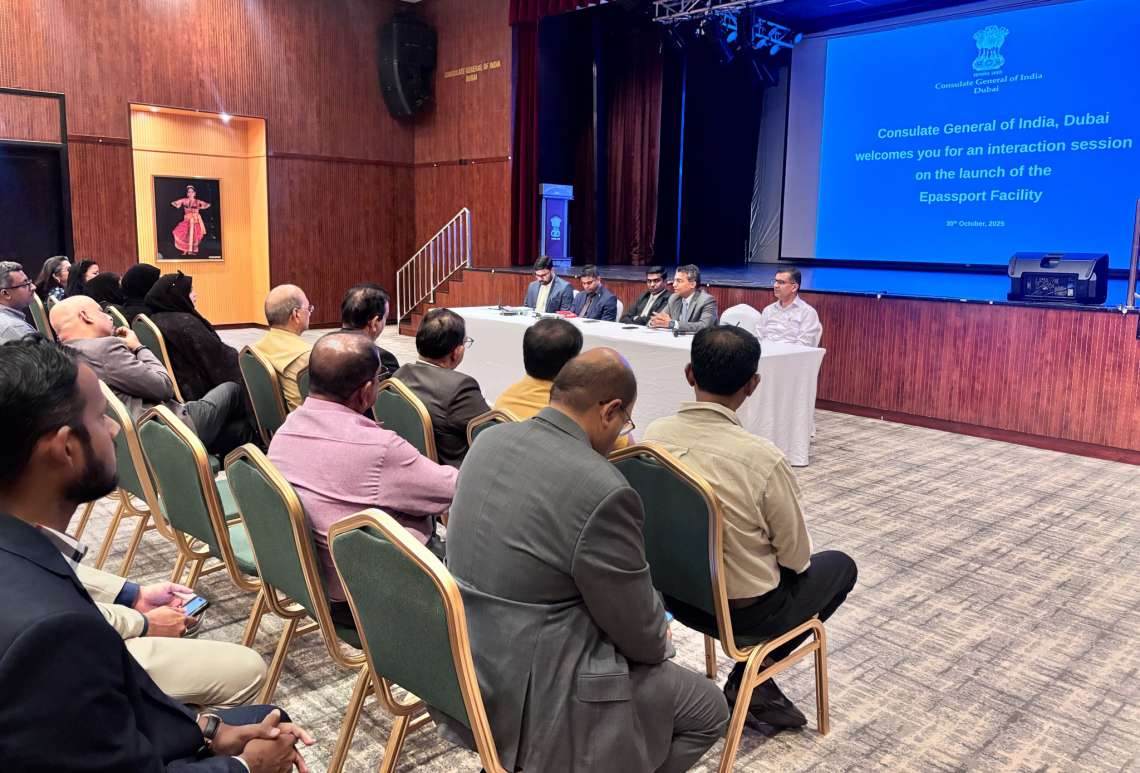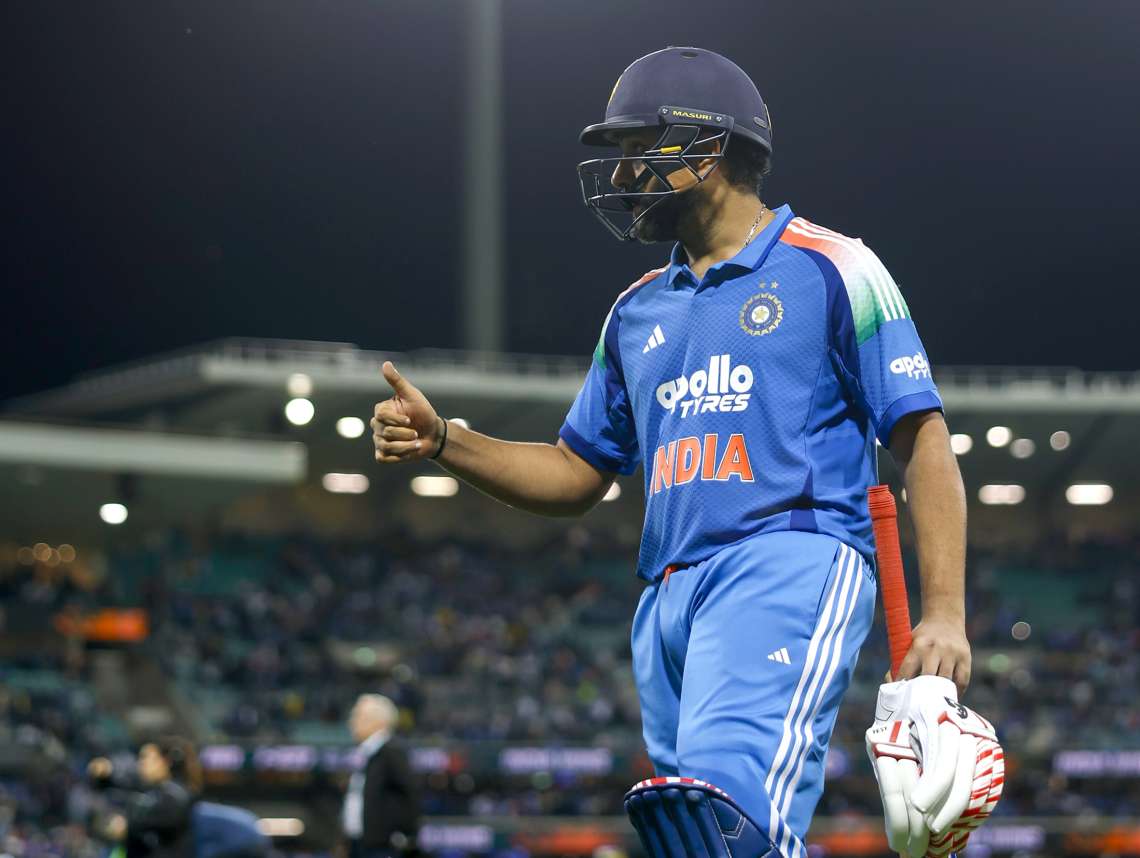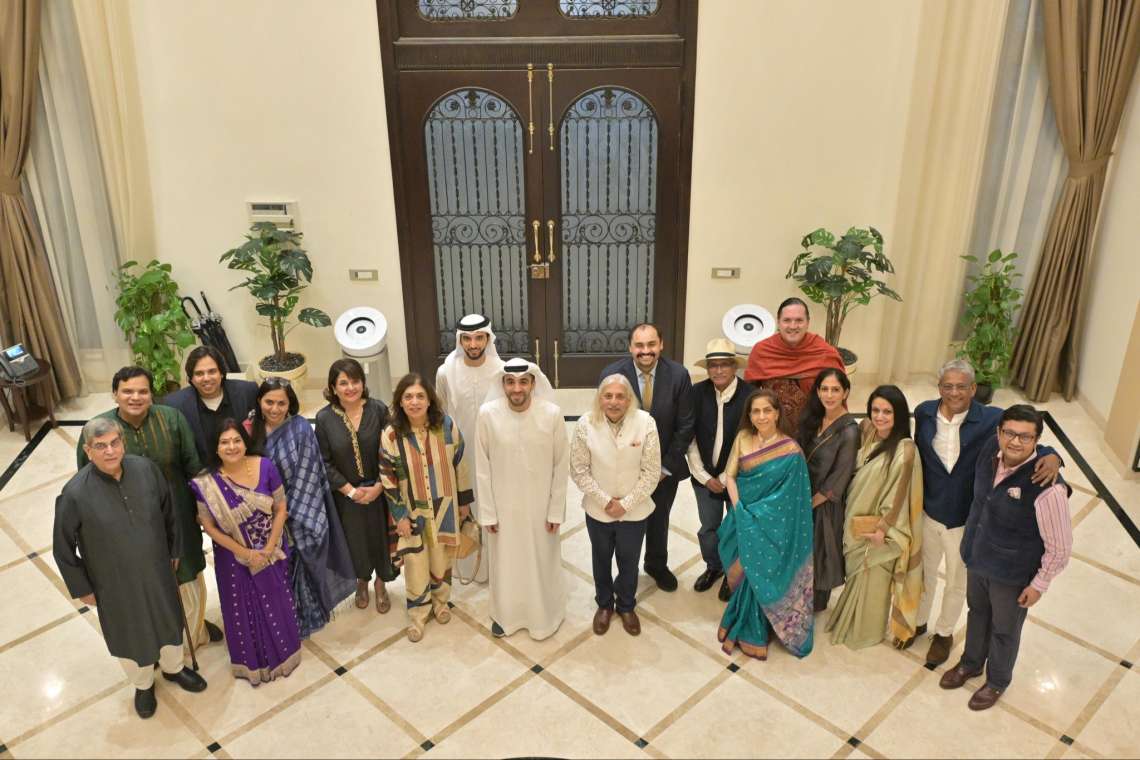Charlesworth said that the international judiciary can draw inspiration from the distinguished history of independence of India’s apex court…reports Asian Lite News
The Judge of the International Court of Justice, Hilary Charlesworth, on Monday paid tribute to Mahatma Gandhi and Dr. Bhimrao Ambedkar in the Supreme Court.
ICJ judge Charlesworth sat on the Supreme Court bench headed by Chief Justice of India DY Chandrachud and witnessed judicial proceedings.
As the bench assembled in the morning, CJI said, “I have great pleasure in welcoming ICJ judge Hilary Chalesworth among us. She has taught earlier at the Mayo College here. She is a distinguished jurist.”
CJI said called Charlesworth a friend of India.
Solicitor General Tushar Mehta said, “We all welcome her Ladyship to the court.”
Charlesworth is an Australian international lawyer who has been a judge of the International Court of Justice since 5 November 2021.
ICJ judge Charlesworth on Saturday delivered a lecture at the Supreme Court as part of the annual lecture series organised to commemorate the Supreme Court’s diamond jubilee. The topic of the lecture was “The International Court of Justice: A legal forum in a political environment.”
Charlesworth had come to India to be a part of the annual lecture series organised to commemorate the Supreme Court’s diamond jubilee celebration. She, on Saturday, delivered a lecture at the Supreme Court on the topic, “The International Court of Justice: A legal forum in a political environment.”
Charlesworth, an Australian international lawyer who has been a judge of the ICJ since 5 November 2021, is in India at present.
On Saturday, she delivered the second annual lecture on ‘The International Court of Justice: A legal forum in a political environment’ on the Supreme Court premises.
Referring to the role of the ICJ in the Kulbhushan Jadhav case, she said though the international court’s judgement did not resolve the tension between India and Pakistan, it “at least it provided a resolution and (that too a) legal resolution to an acute problem dividing them.” On April 10, 2017, Jadhav was sentenced to death by a Field General Court Martial in Pakistan. The ICJ stayed his execution pending final adjudication of the case.
The ICJ had held that Pakistan will have to review the entire process of trial and conviction of Kulbhushan Jadhav and provide consular access to India.
She said judicial independence in the international context was aimed at eliminating any non-legal considerations that might affect a judge’s reasoning.
“Judicial independence is critical to the operation of legal institutions, particularly in volatile political contexts,” she said.
Charlesworth said that the international judiciary can draw inspiration from the distinguished history of independence of India’s apex court.
“Our two courts, the Supreme Court of India and the ICJ, while very different, I noticed that we are of a very similar age, you are going into your 75th year, we’re going into our 78th year,” she said.
But both faced the task of “navigating highly charged political environments,” Judge Charlesworth said. “The international judiciary, I think, can draw inspiration from the Supreme Court of India’s distinguished history of independence, innovation. What is also really impressive to me, is the Supreme Court’s courageous capacity of introspection,” she said.
Quoting Chief Justice D Y Chandrachud’s recent talk at the ICJ’s ceremonial sitting, the judge said, “Introspection is the art of bringing the seemingly unattainable within the line of vision.” She congratulated the SC on its foundation day and wished it a “rich and rewarding future.” Judge Charlesworth said the idea of an international judicial tribunal came to fruition after the first world war through the covenant of the League of Nations in 1919. It conducted its last public sitting in 1939, just after the outbreak of the second world war, she said.
The ICJ, established under the charter of the United Nations was distinct from the earlier court and elevated to the status of a principal organ of the UN, She said.
She said the ICJ is composed of 15 judges who are required to be of different nationalities and are elected by the United Nations General Assembly and the United Nations Security Council, which vote simultaneously, for nine-year terms which are renewable.
ALSO READ-Trump’s Defamation Trial Delayed As Judge Falls Ill

